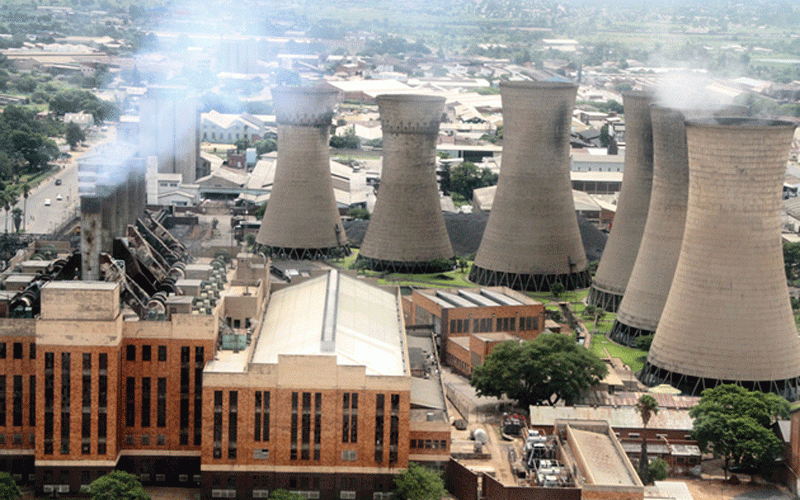
The Pomona deal is set to cost the City of Harare) over US$1 billion with the local authority earning less than US$100 million in 30 years.
A council investigation into the project chaired by councillor Ian Makone, revealed that the local authority has everything to lose from the 30-year deal.
The report disclosed that due diligence was not followed in awarding Geogenix BV, formerly Integrated Energy BV, the contract to operate the Pomona dumpsite.
The report showed that the City of Harare was reduced to mere by-standers when the controversial deal was imposed on Harare by the Local Government ministry.
According to the report, the contract was evaluated by the Public Private Partnership (PPP) unit in the Finance ministry.
The PPP unit is established in the Ministry of Finance and Economic Development by section 34 of the Zimbabwe Investment Development Agency Act [Chapter 14:37].
“The contract records that the total cost of the project to City of Harare over the period of 30 years period is US$1,002,202,001.65,” the report reads.
“The only revenue that City of Harare will derive from the project is US$60.39 million from the sale of electricity only.
- HCC considers cancelling ZimPhos contract
- We're not immune to prosecution: Land developer
- Govt to blame for Mupedzanhamo chaos
- City of Harare, Augur deal legit: Supreme Court
Keep Reading
“Even then, it appears that Geogenix under-declared the energy production and sales thereby causing potential prejudice to the City of Harare by up to US$216,807,360.00 worth of contract benefits over the 30-year concession period.”
It added: “The financial model presented by Geogenix has an inflated project capital cost, under-declares actual revenues, undeclared major revenues in biogas, recycling, of paper, glass and recreation park.
“And yet it’s still way profitable with an under-declared net profit of US$581 million.
“In contrast, City of Harare net project benefits are negative US435.3 million.”
The report also shows government decided to park bankable feasibility studies to establish, among other things, the affordability of the project to the City of Harare.
“The concession agreement was signed between the City of Harare and Geogenix without any changes on the main issues cited by the council of the City of Harare and the Cabinet,” the report said.
“The government of Zimbabwe provided a sovereign guarantee.”
According to the document, Local Government minister July Moyo pressured City of Harare to sign the concession agreement despite being fully aware of concerns raised over the contract.
“The minister misrepresented that he would use the money that Parliament from time to time appropriates to City of Harare under the devolution concept to take care of any balances on gate entry fees and to purchase enough equipment to improve the capacity of the City of Harare to collect waste.
“The minister of Local Government and Public Works flouted the devolution imperative and interfered in the operations of the City of Harare contrary to provisions of the constitution of Zimbabwe.”
The committee says the document was signed due to fear of victimisation by government.
Council last year suspended the deal.
Geogenix BV, a company blacklisted in Europe, was awarded the project without going to tender under Moyo’s directive.
This was done after the minister had suspended Harare mayor Jacob Mafume.
The company is expected to turn waste into energy and city of Harare will be paying at least US$22 000 a day and US$14,600,000 a year, translating to more than US$344 million for 30 years according to the contract.
Harare council has refused to pay the bills.
Government has since undertaken to shoulder the costs.










